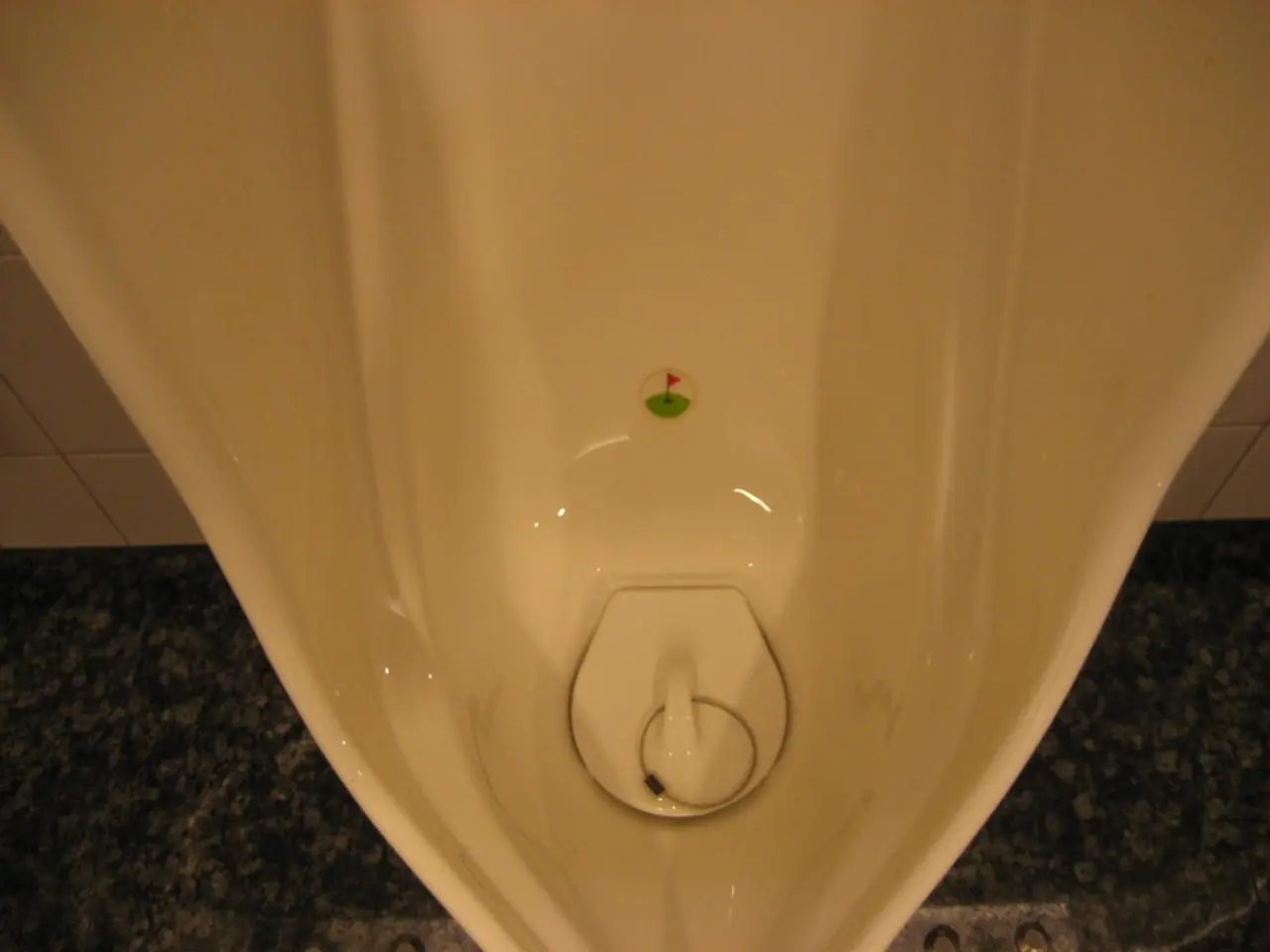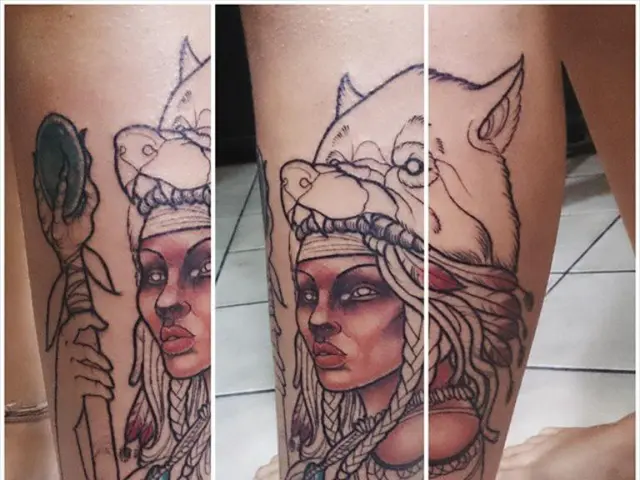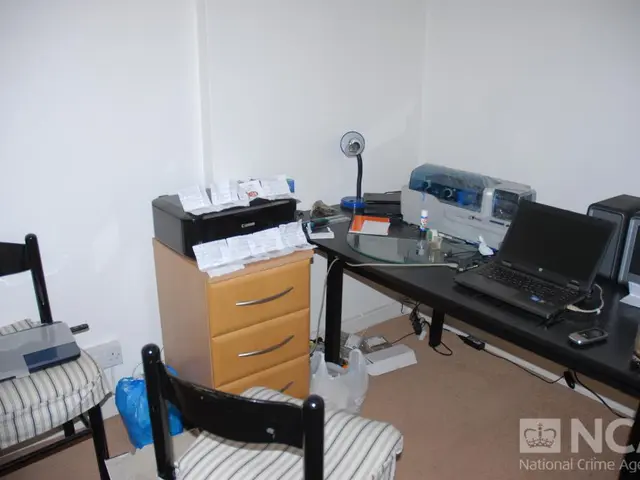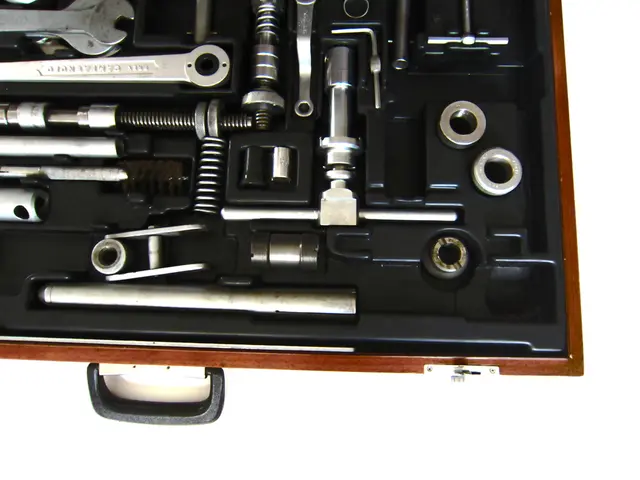High-Tech Chinese Urinals Provide Immediate Health Check-ups
High-Tech Urinals with Health Screenings: A Revolution in Health Monitoring, but with Controversies
In China, high-tech urinals offering health screenings have become a popular innovation, particularly in cities like Shanghai and Guangzhou. These urinals, which analyze urine samples to provide health insights, have garnered significant attention for their unique approach to health monitoring. However, they have also sparked debates about privacy, accuracy, and medical reliability.
Privacy Concerns
A major concern revolves around the handling and storage of user data. The captured health information could potentially be stored or transmitted, raising questions about who has access to this data and how it is protected. Additionally, users may not always be aware that their urine is being analyzed, leading to concerns about consent and whether individuals are fully informed about the data collection process.
Accuracy Concerns
The accuracy of the health screenings provided by these urinals can vary. There might be discrepancies in the readings, which could lead to incorrect health assessments. The reliability of these systems also depends on proper calibration and regular maintenance. If these conditions are not met, the accuracy of health screenings could be compromised.
Medical Concerns
While these urinals offer quick insights into various health metrics such as hydration levels, sugar levels, kidney health markers, and overall pH levels, they should not be relied upon as definitive medical diagnoses. Any health concerns identified by these urinals should be validated by medical professionals to ensure accurate diagnoses and appropriate treatment plans.
Conclusion
High-tech urinals offer a unique approach to health monitoring, but they also raise important questions. For these systems to be widely accepted, they must be designed with robust privacy safeguards, ensure accurate health readings, and be seen as complementary to rather than a replacement for professional medical assessments. It is crucial for both users and regulators to weigh the benefits of convenience and early health detection against potential risks related to privacy, accuracy, and reliance on non-clinical tests.
The high-tech urinals have been installed in multiple locations across Beijing and Shanghai by a private company. Users can access the health analysis by paying a fee through WeChat. The accuracy, privacy, and medical implications of these high-tech urinals have been subjects of debate. Only time will tell how these high-tech urinals will shape the future of personal health monitoring.
- The privacy concerns surrounding high-tech urinals are not exclusive to their unique method of health monitoring; the handling, storage, and accessibility of user data remain questionable, and users may not always be fully informed about the data collection process.
- As the accuracy of high-tech urinal health screenings can vary, it is essential to validate any health concerns identified by these devices through professional medical assessments to ensure accurate diagnoses and appropriate treatment plans.
- The emergence of high-tech urinals, installed in various locations across China and accessible through WeChat, signals a potential shift in health monitoring, but their widespread acceptance hinges on the resolution of debates centered around accuracy, privacy, and the dependence on non-clinical tests, rather than a replacement for professional medical evaluations.





